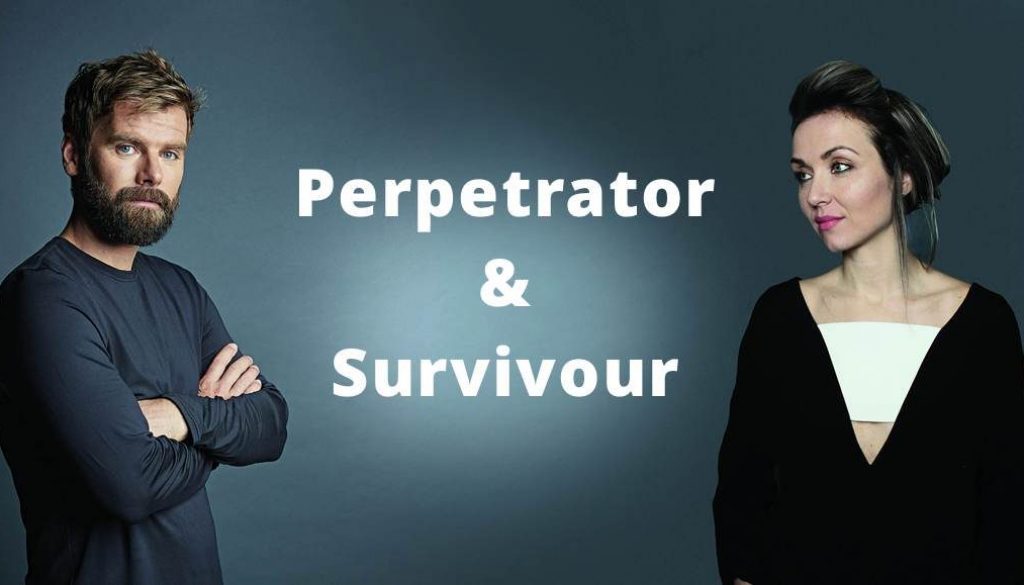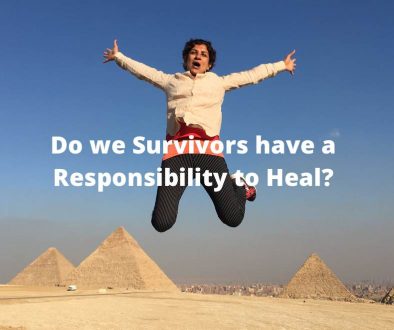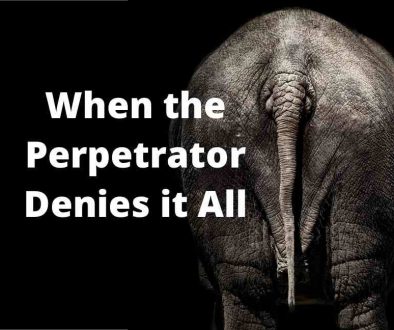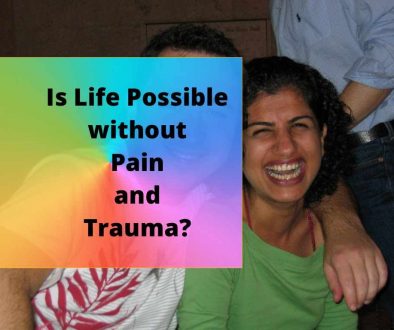Where is the line with the Perpetrators? Where is the line with the Abuse?
How do we see crimes of various sorts?
A person who rapes a woman; a person who molests a child; a person who is verbally abusive to his partner – are they all the same? We call this person a perpetrator but would you think about them differently based on the type of crime they committed?
Some of these perpetrators can be rehabilitated coz maybe they are truly ashamed of their actions. Some of these perpetrators are sociopaths and should be put away and some others are survivors themselves and have a chance at healing.
And then, there is a survivor side of things: a woman who is raped; a person who was abused as a child; a person who was neglected as a child – we call them all survivors.
I have talked about punishment vs forgiveness in some of my blogs and maybe forgiveness is unthinkable for someone who believes that their perpetrator is a sociopath or their crime is so outrageous that it’s beyond forgiving.
My ex-boyfriend may come to me and say that I have traumatised him and he feels abused by me (here is the full story if you are wondering).
The point is that we won’t know any of this unless we start asking questions. Applying a global rule “Perpetrators should be punished or perpetrators should be forgiven” wouldn’t work because every human is different and their willingness and their capacity for change can make a huge difference for the whole society.
When we don’t ask questions, we take away the possibility of reconciliation and maybe we condemn some humans to a perpetual prison of shame.
Thordis (survivor of rape) and Tom (rapist) asked these questions, and through their shared journey, were able to not only reconcile but were able to go beyond their anger, shame and silence. Their story is heartwarming and gut-wrenching at the same time.
Tom talks about ownership of his actions and Thordis talks about finding peace and isn’t that what we want? Peace, no matter how it comes…
Of course, their debate and discussions have attracted condemnation and what they have done together may not be for everyone but we won’t know unless we ask the questions.
Reading this BBC article, I can relate to her. In our society, we condemn perpetrators without any qualification whatsoever and this can get in the way of those who really want to rehabilitate. At the same time, we can really trigger many survivors by giving voice to perpetrators – it’s a hard line.
If you want to read about their week of reconciliation in South Africa, here is the link and here is her book South Of Forgiveness.
Unless we start asking questions, will we ever know things that are beyond our pain and anger; unless we create a platform for perpetrators to take ownership of what they have done, will there ever be hope?



